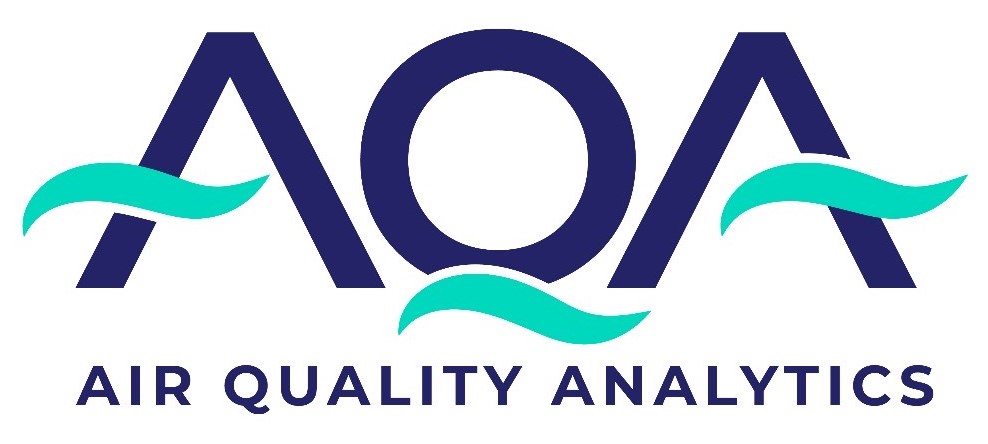FAQ’s
Question: What are the benefits of getting a Particle ID report?
The first thing to consider is if there are elevated particles found in a Particle ID sample from your home or business, then this indicates the filtration system is not operating correctly. Elevated particles in the air can lead to negative health outcomes such as Hypersensitivity Pneumonitis (HP), a type of allergic reaction that causes inflammation in your lungs). Bacteria, fungi, animal/plant proteins, and other allergens can cause this condition.
If you have allergies, asthma, or HP you want to manage your exposure to elevated particles as this can trigger a reaction. The Particle ID report will show you the size of the particles in your air since smaller particles have more potential to penetrate deep into your lungs and affect your health.
Question: How would you solve a high Particle ID report and/or a specific particle that is causing issues?
The Particle ID report will actually pinpoint the root of the problem in the comments section of the report. The first thing to look at is whether the filtration system is functioning properly. Other causes can be industrial activity outside the home or HVAC system maintenance issues, like dirty return and supply ducts.
A common way to improve air quality in a home or business is simply by having good cleaning habits. Ineffective or absent cleaning can lead to high particulate counts in the air. It’s also worth mentioning that a quick and easy way to improve poor air quality is by increasing the frequency with which you are changing filters and upgrading new filters to a MERV 10 or higher. To take it even one step further, although costly, you could consider installing a HEPA filtration system to mitigate high particulate counts.
Question: Would it be suitable to take a Particle ID report to my Doctor’s office?
Absolutely! The Particle ID report is specifically designed to assist allergist decisions by giving them valuable insights into the air quality of spaces you spend the most time in, such as your home or business. Remember, Partial ID not only identifies the source of the particle problem in the comments section of the report, but also provides a full Particle Glossary for you to better understand what those particles are and how they can impact your health.
Question: How often should I get a Particle ID test?
A Particle ID test should be performed, at a minimum, semi-annually. If you are experiencing particle related symptoms or are noticing a sudden increase in visible particles in the home despite cleaning, we recommend getting a Particle ID test immediately.
Question: Should I get a Particle ID test during a Real Estate Transaction?
YES! Without knowing what is actually in your living space air this will often result in zero mitigation actions taking place. This will make you more prone to particle related health issues, but can be even more concerning if you are an individual with a history of respiratory issues already. Beyond the obvious health benefits, a Particle ID test during a real estate transaction is also a great way to evaluate the functionality of your potential home’s air filtration system.
Question: Would the time of year affect the Particle ID test?
The short answer is no. In states that experience long winters with consistent snowfall this will impact the outdoor baseline sample, but not the indoor samples.
Question: How many particulates is PriorityLab able to identify?
Due to PriorityLab’s advanced analysis process we are able to identify over 40 potential particulates that can be found in your home or business.
Question: Is there any reason to do a Particle ID test in a commercial setting or a school?
YES! Air quality issues are found in all building types. The same health issues and risks described in the previous questions are applicable in every building type. Some schools or commercial buildings may even be required to obtain this type of test by local, state, or federal health agencies.
Question: Is the Particle ID panel only for air samples?
Not at all! The Lab also has the capability to run a Particle ID for surface samples. Keep in mind this is only possible for tape lifts and EXCLUDES swab samples. The Breeze E Tape is the preferred testing media to collect surface samples effectively for a Surface Particle ID panel.
